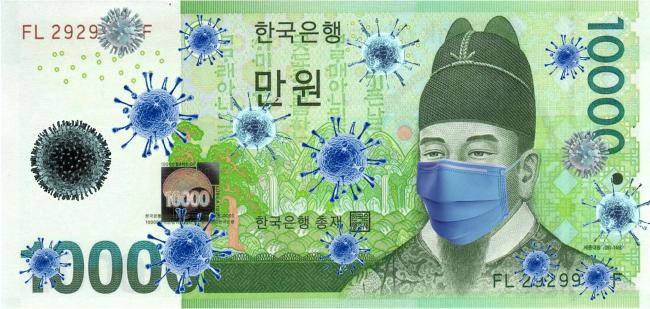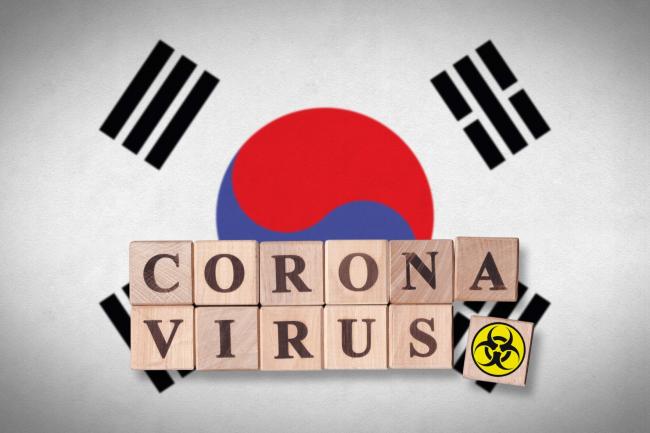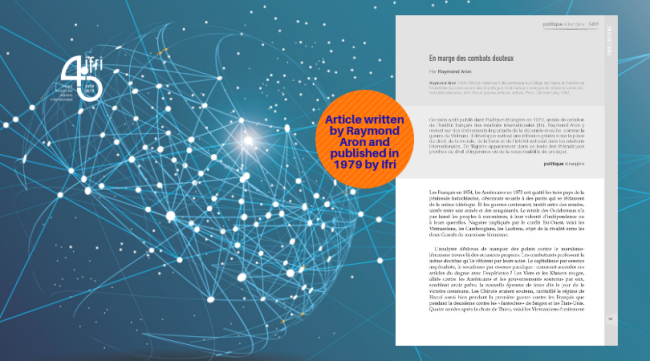Southeast Asia
Southeast Asia, one of the key areas of Sino-American rivalry, is going through a period of political uncertainty, with certain democratic trajectories being called into question (Myanmar, Thailand).
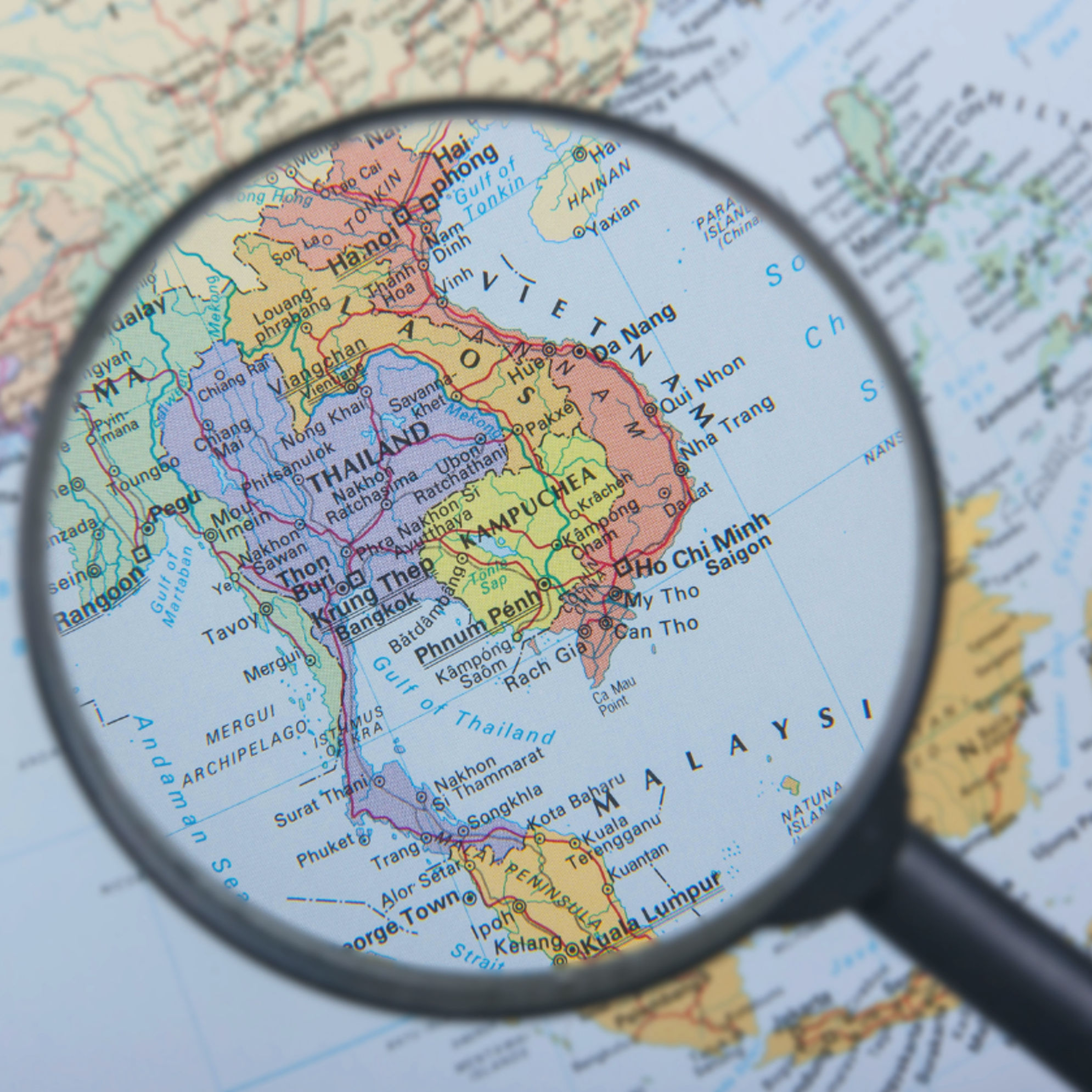
Korea’s New Southern Policy : An Economist’s Perspective
In this interview, Choong-Ryeol Lee, professor at Korea University looks at the objectives of Korea's New Southern Policy, its economic impact, and Korea's economic cooperation with India.
A New Player in the Indo-Pacific? South Korea’s New Southern Policy
A webinar by the Center for Asian Studies on South Korea's New Southern Policy examined the motivations, objectives, and means of, as well as possible challenges to, this policy, through an analysis of economic and trade cooperation on the one hand (Prosperity) and diplomatic and security cooperation on the other (People and Peace).
A Democratic tour de force: How the Korean State Successfully Limited the Spread of COVID-19
While the COVID-19 pandemic is still greatly affecting most of the world, the Republic of Korea has managed to stall the spread of the disease.
East Asia Security in Flux. What Regional Order Ahead?
In February 2020, the Ifri Center for Asian Studies and the Research Institute for Peace and Security (RIPS) held a conference on the Asian security environment.
Korean Democracy in Times of Coronavirus
The Covid-19 pandemic has laid bare a series of troublesome truths, both about healthcare infrastructures in Western nations and the state of their democracies.
The quarantine they prescribed, albeit after periods of irresoluteness, drew embarrassing parallels to measures taken by China just a few weeks earlier. Social life has come to a near standstill without citizens being given a chance to deliberate, as procedures were discussed for the most part in closed-door meetings between the executive branch and appointed experts: the White House Coronavirus Task Force in the United States, the Scientific Council of France, etc. The general public has been hardly more involved in the West than in China.
In contrast, South Korea has thus far been the only significantly affected country to contain the spread of Covid-19 without shutting itself down or compromising even temporarily democratic institutions.
Korea in Africa: Between Soft Power and Economic Interests
Through development assistance and economic engagement, South Korea has sought to project itself as a different kind of partner for Africa. In reality, it is not so unique.
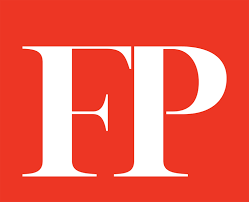

Why Are Japan and South Korea in a Trade Fight?
Officially, Japan has “national security” concerns about technology exports to South Korea. Unofficially, World War II still casts an ugly shadow.
Between the Lines of Questionable Battles
This text was published in Politique étrangère in 1979, the year in which the French Institute of International Relations (Ifri) was created.
Rohingya: Can the Crisis be Resolved?
The Rohingya issue involves a complex national and regional history.
Does China Want the Koreas to Reconcile?
This Friday, April 27, the South Korean and North Korean leaders will meet in the demilitarized zone dividing their estranged countries to discuss improving relations and possibly even formally ending the Korean War, which has continued in the form of an often tense and fragile armistice since the cessation of combat in 1953. This inter-Korean summit, the first since 2007, signifies closer ties between the two Koreas—and will be an important bellwether for Donald Trump’s late-May or early-June meeting with North Korean leader Kim Jong-un.
The Economic Opportunities and Constraints of Green Growth: The Case of South Korea
An Analysis of North Korea's Principal Trade Relations
The Direction of Trade Statistics by IMF is the most representative statistical data for bilateral trade with North Korea. However, IMF statistics underestimate North Korea's international trade since they do not classify inter-Korean trade as international trade. Therefore, this study restructures statistics on North Korea by combining the IMF and inter-Korean trade data, and it analyzes the structure of North Korea's international trade. In addition, it conducts a unique analysis of trade structures, since other studies have not analyzed production processes in North Korean trade.
This analysis identifies six main characteristics of North Korea's trade:
North Korea's Nuclear Weapons Development: Implications for Future Policy
Despite the resumption of high-level diplomatic contact between Washington and Pyongyang in late 2009, realization of a non-nuclear Korean Peninsula remains a very remote prospect, with the DPRK insisting that a peace agreement between the U.S. and North Korea and hence the cessation of "hostile DPRK-U.S. relations" are necessary before any consideration of denuclearization.
Coming in from the Cold? An Update on North Korea's External Economic Relations
This brief analysis of the current external economic relations of the Democratic People’s Republic of Korea (DPRK) leads to a number of conclusions.

FDI as a Factor of Economic Restructuring: The Case of South Korea
Françoise Nicolas, in A. Bende-Nabende, (ed.), International Trade, Capital Flows and Economic Development in East Asia: The Challenge in the 21st Century, London, Ashgate, 2003

Going Multinational: The Korean Experience of Direct Investment
The broad aim of this book is to explore the pattern and determinants of Korean foreign direct investment. The main focus is on Outward Direct Investment, but data and analysis are provided on both inward and outward flows in developed and developing counties in order to arrive at a better understanding of the dynamics at work.
Support independent French research
Ifri, a foundation recognized as being of public utility, relies largely on private donors – companies and individuals – to guarantee its sustainability and intellectual independence. Through their funding, donors help maintain the Institute's position among the world's leading think tanks. By benefiting from an internationally recognized network and expertise, donors refine their understanding of geopolitical risk and its consequences on global politics and the economy. In 2024, Ifri will support more than 70 French and foreign companies and organizations.











